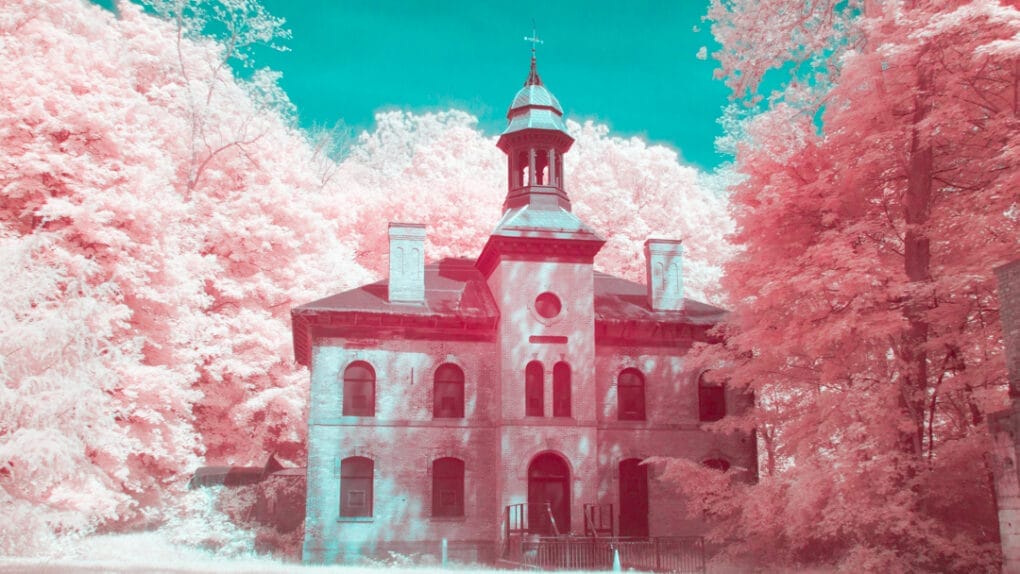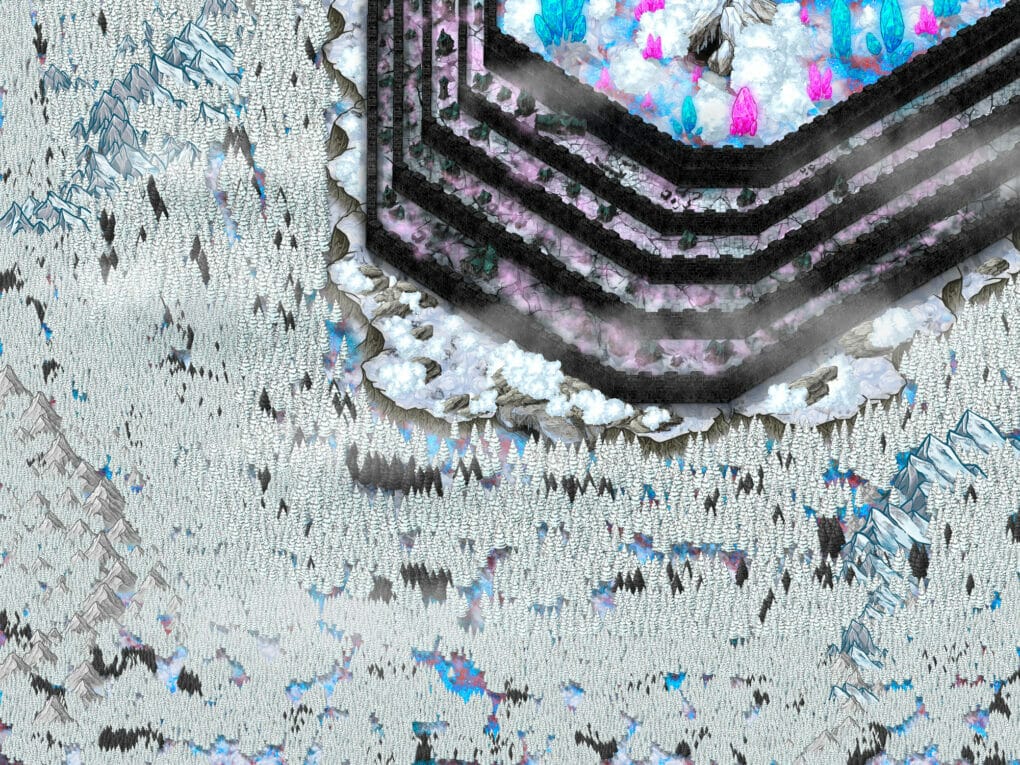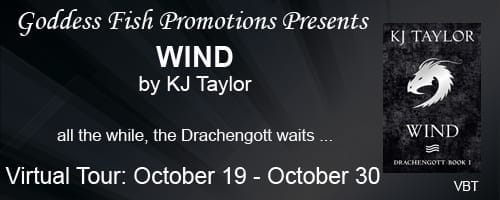
I absolutely love creating a new world. The reader gets to explore my creation – but so do I! Half the fun of writing a book is discovering the world it’s set in; plenty of details reveal themselves to me as I go along, and it’s amazing how everything falls into place as if I’d known it all along.
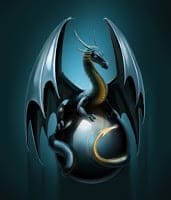 That doesn’t mean I start with a completely blank slate, though – far from it. In the beginning I have a concept in mind; eg. a world in which people ride on griffins, or a world in which some people have the power to summon dragons to serve them. Once I know the core concept, I have to consider how this would affect a society. In the case of The Drachengott, I saw that the people who don’t have magic or dragons would no doubt be very cowed and frightened and would value skills with ordinary weapons since that’s their only defense.
That doesn’t mean I start with a completely blank slate, though – far from it. In the beginning I have a concept in mind; eg. a world in which people ride on griffins, or a world in which some people have the power to summon dragons to serve them. Once I know the core concept, I have to consider how this would affect a society. In the case of The Drachengott, I saw that the people who don’t have magic or dragons would no doubt be very cowed and frightened and would value skills with ordinary weapons since that’s their only defense.
Meanwhile, when it was time to write about the people who do have magic, I designed their cities and lifestyles to reflect their special abilities. The ordinary people use lamps to light their streets at night, but those with magic use differently colored, eternally burning flames to not only provide light but also indicate which area of the city you’re in (that would look so beautiful). Non magical people (called “Gottlosen” in the books) top their city walls with spikes and string up nets of chains to keep dragons out, but magic users don’t have any of that because the dragons are their allies.
It’s important to pay attention to the little details as well. In the cities of the magic users, or Jüngen, you see commoners using magic for practical purposes. If you want ice, then you can buy it from a man who knows how to freeze water with magic. Someone who needs a new fork goes to a blacksmith who uses magic to shape a piece of metal into one right there on the spot. The Jüngen really haven’t developed any technology to speak of because they don’t need it.
But meanwhile in the neighbouring country of Espan, there is no magic and therefore their technological progress has not been hampered. They have guns. The Jüngen don’t.

A major trap an author can fall into is to put something into a fictional universe without considering the full implications. There have been quite a few series in which magic exists but is never used in ways you would expect people to use it. I had a character in a different series I wrote who could disappear at will. I asked myself “if he can do that, why doesn’t he just sneak into the enemy stronghold and poison the leaders of his enemies?”
I quickly saw that there was no reason why he wouldn’t, so that was exactly what he did. And if he hadn’t, I suspect a lot of readers would have been asking why not. If you give your characters certain powers, they should use them logically and to their full potential, and if they don’t then there has to be a proper explanation for it. In one case I had a character who refused to use a power he had at his disposal because he also had a code of honor and insisted upon sticking to it despite having an unfair advantage over his enemies.
And if your characters have powers, then it’s going to affect the world they live in. Again and again I’ve told aspiring writers that “you can’t change something major and expect nothing else to change”. It’s just not believable. And in any case, putting believability aside, it’s boring! Developing your world properly is fun to do, and it makes the book more enjoyable for readers as well. That way, everybody wins.

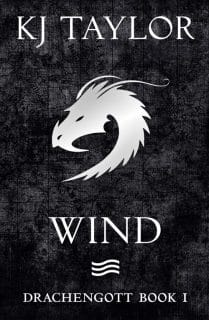
Title: Wind: Drachengott Book 1
Wendland is a land of dragons, and of magic. The mysterious Drachengott grants magic to his worshippers – but is he truly a god? Rutger von Gothendorf is only a simple furrier, but he has become his village’s local eccentric, thanks to his obsession with the murder of his brother by the Drachengott’s servants. He holds onto the vague hope that he will one day have the chance to fight back against them – until one day a mysterious and beautiful woman named Swanhild comes into his life. Rutger is instantly smitten – but Swanhild knows more than she says, and a web of lies and deceit threatens to sour the love beginning to grow between them.
And all the while, the Drachengott waits …

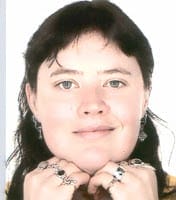
K.J.Taylor was born in Australia in 1986 and plans to stay alive for as long as possible. She went to Radford College and achieved a Bachelor’s Degree in Communications at the University of Canberra, where she is currently studying for a Master’s Degree in Information Studies.
She published her first work, The Land of Bad Fantasy through Scholastic when she was just 18, and went on to publish The Dark Griffin in Australia and New Zealand five years later. The Griffin’s Flight and The Griffin’s War followed in the same year, and were released in America and Canada in 2011. At the moment, she is working on the third set of books in the series, while publishing the second.
K.J.Taylor’s real first name is Katie, but not many people know what the J stands for. She collects movie soundtracks and keeps pet rats, and isn’t quite as angst-ridden as her books might suggest.

The wind whistled through the darkness, shaking the branches all about and putting a chill into the air. It carried a scent with it, straight to Rutger’s nose. He took it in and immediately tensed.
‘Did you smell that, Horst?’ he hissed, snatching his older brother by the arm.
Horst shook him off. ‘Not now, Rut — we’re in enough trouble without worrying about funny smells.’
He strode off, Rutger hurrying after him. ‘You don’t think it’s spiders, do you?’
Rutger swallowed and put a hand on the hilt of the long dagger looped through his belt. He had never seen a giant spider before, and he wanted to keep it that way. Silently, he wished he had never asked to come out here into the forest with Horst. But it had all seemed so harmless — just a quick stroll through the forest to check Horst’s mink traps. But then they hadn’t been able to find the last trap, and now they were lost.
If Horst was as worried as his brother, he didn’t show it. He walked slightly ahead, dead mink swinging from his belt. A big old woodaxe hung on his back, brought along for protection. Night was falling now, and the sooner they got out of here the better.
The forest all around was dense and looked threatening, its spiky pine needles sighing in the relentless wind. Night always seemed to come early here. But at least the putrid smell had gone away.
‘How close do you think we are now?’ Rutger asked in a low voice.
Horst shook his head. ‘Not sure — I think there’s a clearing up ahead, though.’
Rutger came to his brother’s side, and the two of them climbed a small rise into the clearing. The instant Rutger left the shelter of the trees, it hit him again: the hideous stench of rotting meat slamming into his nose, so powerfully that his eyes watered. Beside him, Horst had stopped. Rutger heard him swear softly. He looked up, intending to tell his brother that they should go — and then he saw it.
Horst wrenched the axe down off his back. ‘Get behind me, Rut,’ he said sharply. ‘Get out of here. Now.’
‘What—?’ Rutger started to say — but too late.
As the light brightened, two of the hanging shapes dropped to the ground and stepped forward. They wore rough leather tunics with hoods which covered their heads, but on each of their chests was a pair of red gemstones, set into an amulet. They glowed faintly in the light, making a halo over each of the two men, like a pair of glowering eyes.
‘Jüngen!’ Rutger heard himself say.
One of the pair pointed accusingly at them. ‘How dare you enter this sacred grove?’
Horst started to back away, axe raised.
The two Jüngen joined hands, and the light around them intensified as their linked hands rose. An instant later, a great flash blinded Rutger. He cried out as he fell back, but his voice was drowned out by a screeching roar from above.
A pitch-black dragon was hovering over the Jüngen’s heads, its eyes glowing red. Light crackled over its wings, and it roared again.
The Jüngen let go of each other, and the second of the two spoke to the dragon. His words were a short, cold command.
‘Kill them.’



